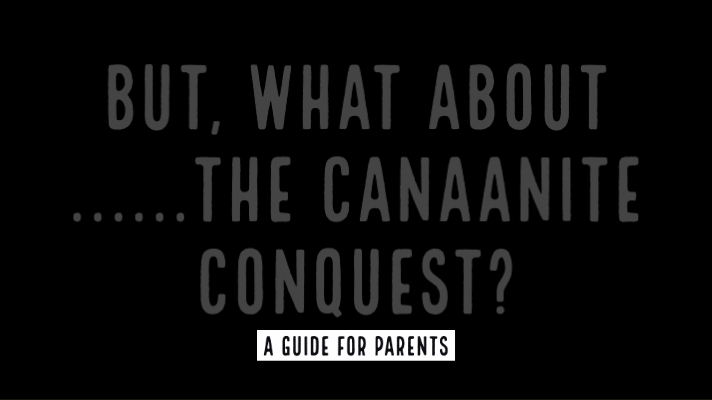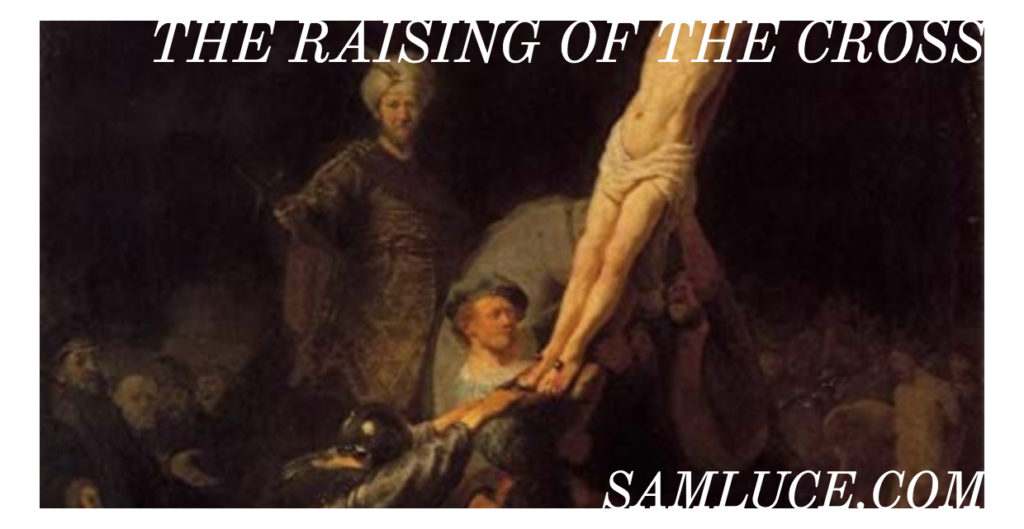But, What About… The Canaanite Conquest?
In a recent blog post, I wrote for David C. Cook’s content site for kids ministry leaders called Spark I talked about in recent years how the paths that apostates take their “de-construction” stories have a familiar ring to them. One of those familiar tunes they all seem to play is the God of the […]
But, What About… The Canaanite Conquest? Read More »










